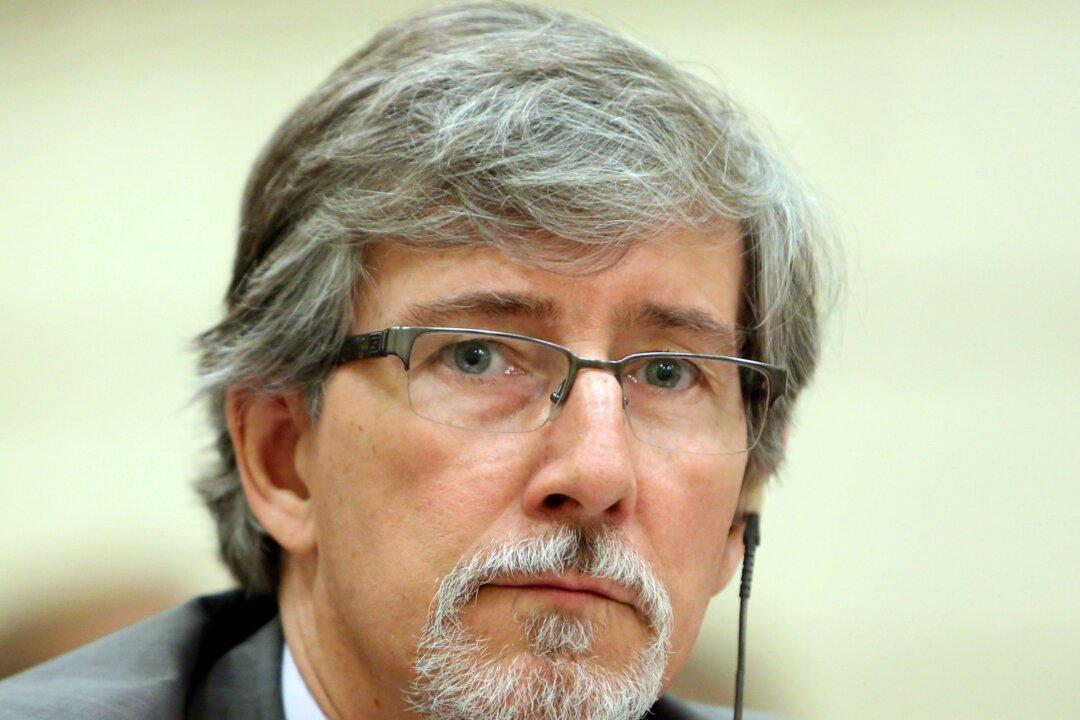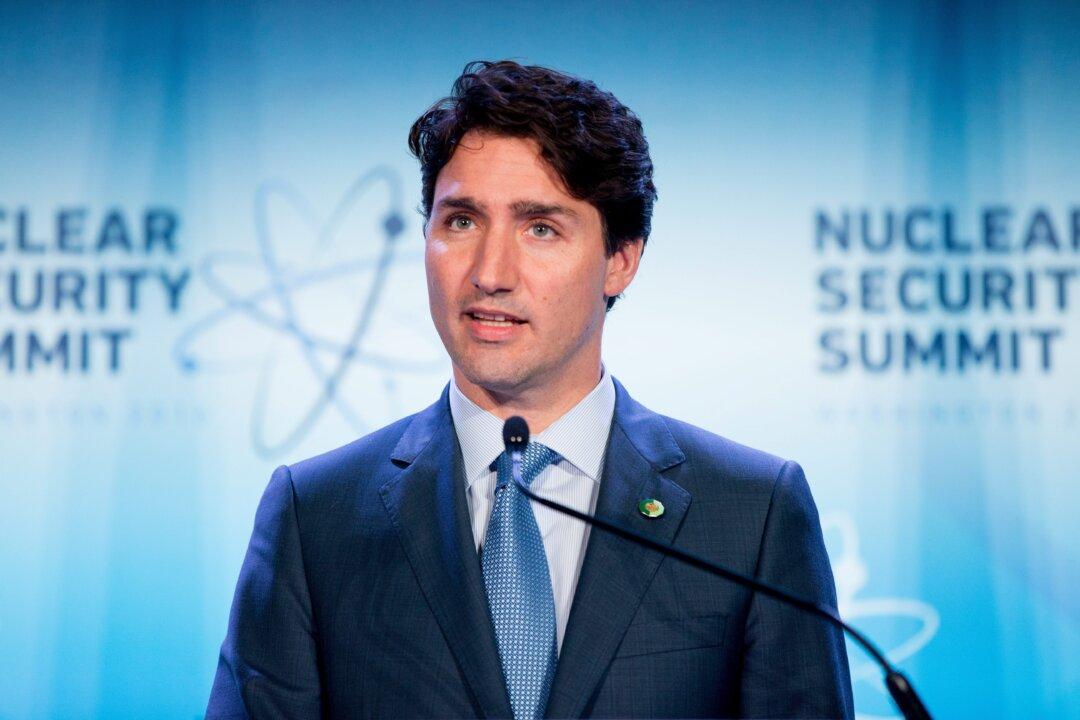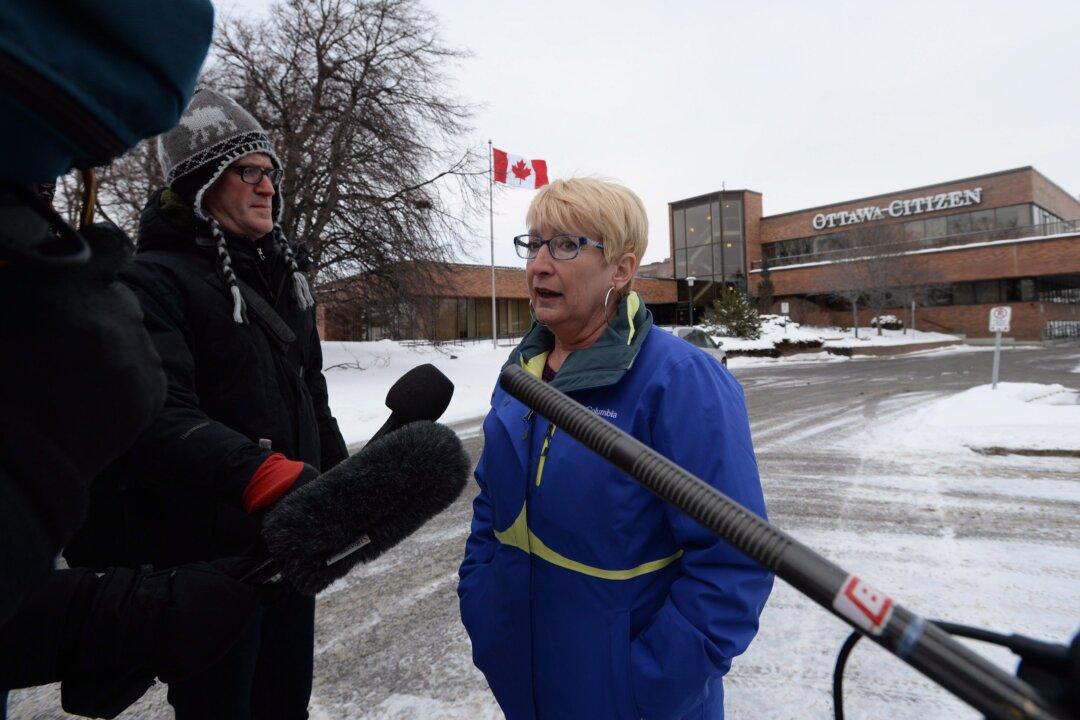Privacy advocates say a jump in the number of privacy related complaints in 2014 is proof that Canadians are increasingly concerned about privacy issues. They say privacy concerns will only escalate in the coming years.
The privacy commissioner’s annual report released this week found an increase of more than 50 percent in complaints in 2014, with the commissioner investigating 402 complaints under Personal Information Protection and Electronic Documents Act (PIPEDA), compared to 250 in 2013.
“It is probably reasonable to say that privacy will be one of the key emerging areas of interest to citizens over the next decade and increasing exponentially as technologies develop and different actors find ways of taking advantage of data,” said Brenda McPhail, director of the Privacy, Technology and Surveillance Project at the Canadian Civil Liberties Association.
“People are starting to wake up to the fact they have privacy rights. Companies get away with these types of actions because people don’t care and don’t speak up. That time is passing and people are starting to stand up and say ‘I do have rights.’”
Titled “Privacy Protection: A Global Affair,” the report says 2014 was a landmark year for international collaboration among privacy enforcement authorities.




